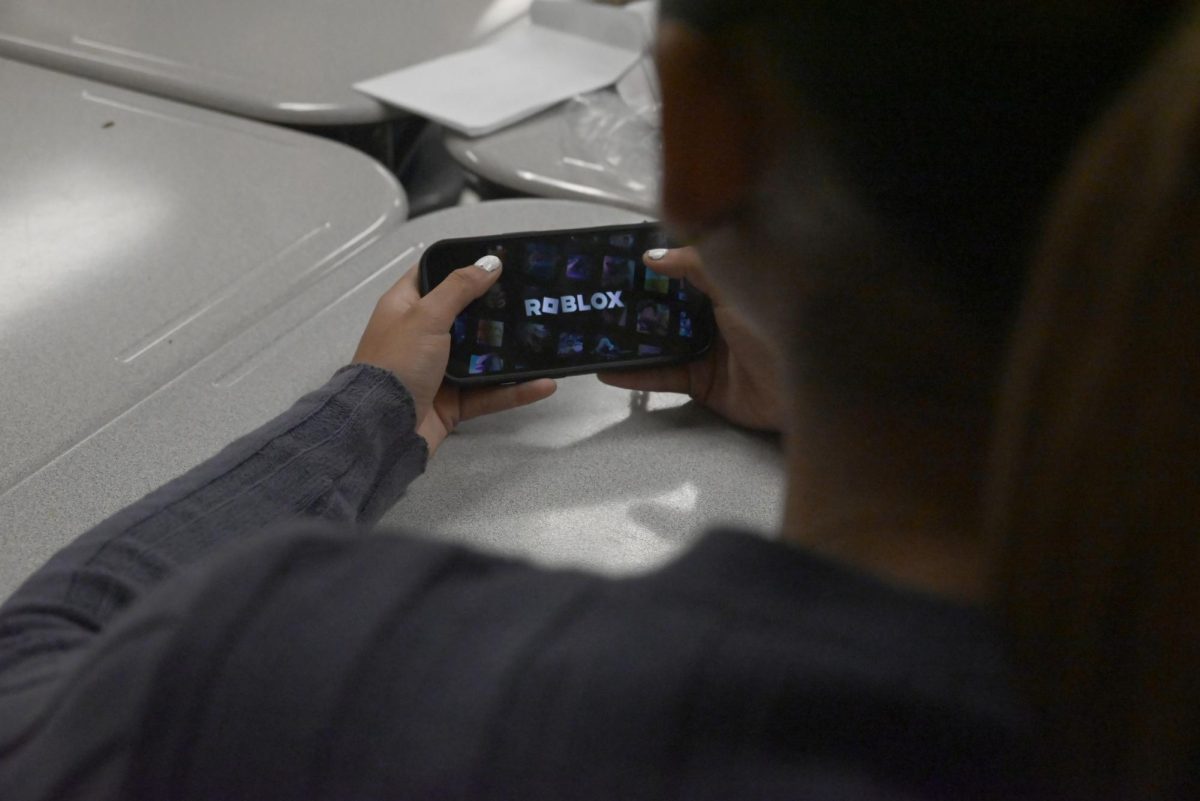Our Nation Doesn’t Value Teachers. That’s a Problem.
A half eaten rotten apple.
Mar 5, 2019
Education is essential to the function and progression of any advanced civilization. Despite the ever growing need for education in our society, the supply of educators is depreciating.
From 1975 to 2015, the number of education majors dropped from 22 percent to only 7 percent, according to the U.S. Census Bureau. While other majors have maintained a stable share of college students, education as a major has been at a constant decline over the past four decades.
To make matters worse, along with having a lack of interest in teaching as a career, the younger generations in the U.S. are expected to grow much larger, leaving an even further skewed ratio of students to teachers.
California is already suffering the brunt of this problem. The National Education Association reports a ratio of 21 students per teacher, while the national average is around 16.
So what has caused this widespread rejection of teaching as a career?
There is no straight answer to this multifaceted problem, but incentivization is a giant reason. The mass devaluation of teaching jobs no doubt dissuades many potential teachers, and punishes those already teaching. Factors such as inadequate teacher salaries, lack of support from school boards and an untenable workload all plague the profession.
Teachers have notoriously been associated with their relatively low salaries.
The Bureau of Labor Statistics (BLS) put “educators, trainers, and librarians” at making an average of $55,470 in annual wages, which sits well below most other postgraduate school professions.
A sizeable number of people believe teachers are underpaid for what they do. In a new nationwide study by Education Next (EdNext), 49 percent of those polled indicated that teacher pay should be raised in their home states.
Entry-level educator salaries are oftentimes insufficient; according to the BLS, one in five teachers work a second job. It isn’t surprising then to see many students swayed towards higher paying professions.
Salaries, however, are merely a part of the issue.
In early January, teachers for the Los Angeles Unified School District went on strike for six days in response to low wages, immense class sizes and the lack of support staff.
Though teachers demanded raise, their primary issue was the lack of support from the school board to remedy other school site issues.
Communicating with the school board isn’t easy, and teachers have almost no direct way to talk with their higher ups. Therefore, many problems fall on deaf ears.
Of course students who see their teachers suffer through poor working conditions would understandably not want to enter the same field.
Teachers often work long hours, having to grade hundreds of assignments at a time. They also are expected to function as cafeteria workers when they coordinate meals, janitors who have to sweep their own rooms, and psychologists for students who are dealing with unstable home situations.
It’s little wonder that becoming an educator holds little appeal to the emerging generation.
If the problems with the teaching profession are not adequately addressed, our society may be faced with a real crisis.
In the short term, it may lead to a major shortage of qualified teachers.
In the long term, it may severely cripple our increasingly technology-driven economy and our population as a whole.






